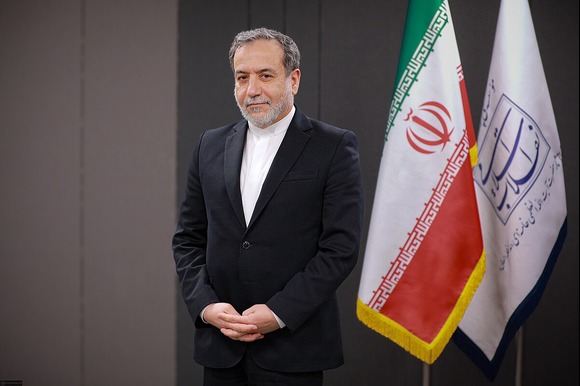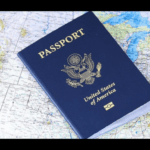Iran and the United States concluded their fourth round of negotiations on an unexpectedly positive note, even though the two nations remain significantly divided over the key issue of uranium enrichment on Iranian soil.
Held in Muscat, Oman, the discussions lasted for four hours and were characterized as constructive by the American delegation. The Iranian foreign ministry described the dialogue as “challenging but comprehensive,” aimed at achieving a deeper understanding of each side’s positions.
Iranian Foreign Minister Abbas Araghchi commented: “We have moved beyond generalities and are now delving into specific details. Naturally, this makes the negotiations more complex.”
Before the session began, Araghchi reiterated Iran’s firm stance that it would not relinquish its “right” to enrich uranium for civilian energy purposes. He emphasized that weapons of mass destruction hold no place in Iran’s national defense policy.
He also noted a persistent challenge in the discussions: the divergence between statements made by the U.S. inside the negotiating room and those made in public. Araghchi remarked: “Iran may be willing to consider limits regarding aspects such as the scale, quantity, level, or scope of enrichment activities to help build trust. This would be akin to the temporary constraints placed on Iran’s enriched uranium under the 2015 nuclear accord.”
Further discussions are expected to take place within the next week, Araghchi added. U.S. President Donald Trump withdrew from the 2015 agreement in 2018 and now faces political pressure to demonstrate that any new deal would enforce stricter limitations on Iran’s nuclear capabilities.
In the run-up to the talks, concerns were growing that the negotiations might collapse, as the U.S. administration increasingly signaled a tougher stance. U.S. Special Envoy Steve Witkoff stated that Iran should not be permitted to retain or benefit from any peaceful nuclear technology related to uranium enrichment. He insisted that all such technological infrastructure in Iran must be dismantled entirely.
Israel, while not formally participating in the negotiations, continues to exert influence from the sidelines, consistently advising President Trump not to place trust in Iran. Israeli officials have urged a definitive resolution to questions about the purpose of Iran’s nuclear ambitions, suggesting military action to eliminate the program entirely.
Witkoff said on Friday, “Iran must never again possess an enrichment program. That is our absolute red line. No enrichment.”
In response, Araghchi urged the American side to avoid issuing ultimatums or demands via the media, arguing that such tactics complicate the already difficult negotiation process.
The U.S. faces a complicated situation, as it permits several other countries to enrich uranium domestically. Meanwhile, Israel maintains a clandestine nuclear arsenal. Nevertheless, Washington contends that Iran is a unique case, citing its past failures to disclose nuclear activities and its previously high levels of uranium enrichment.






